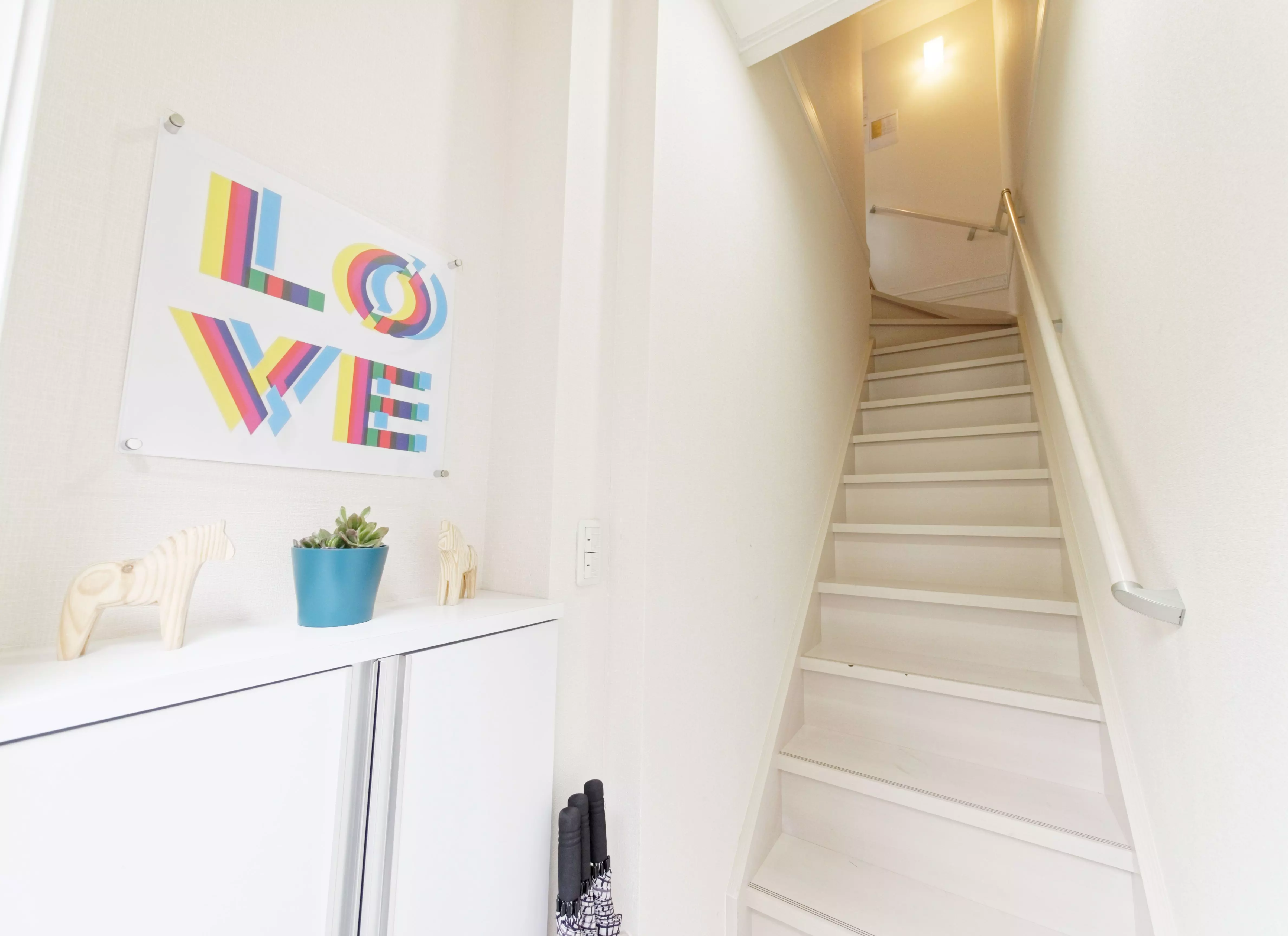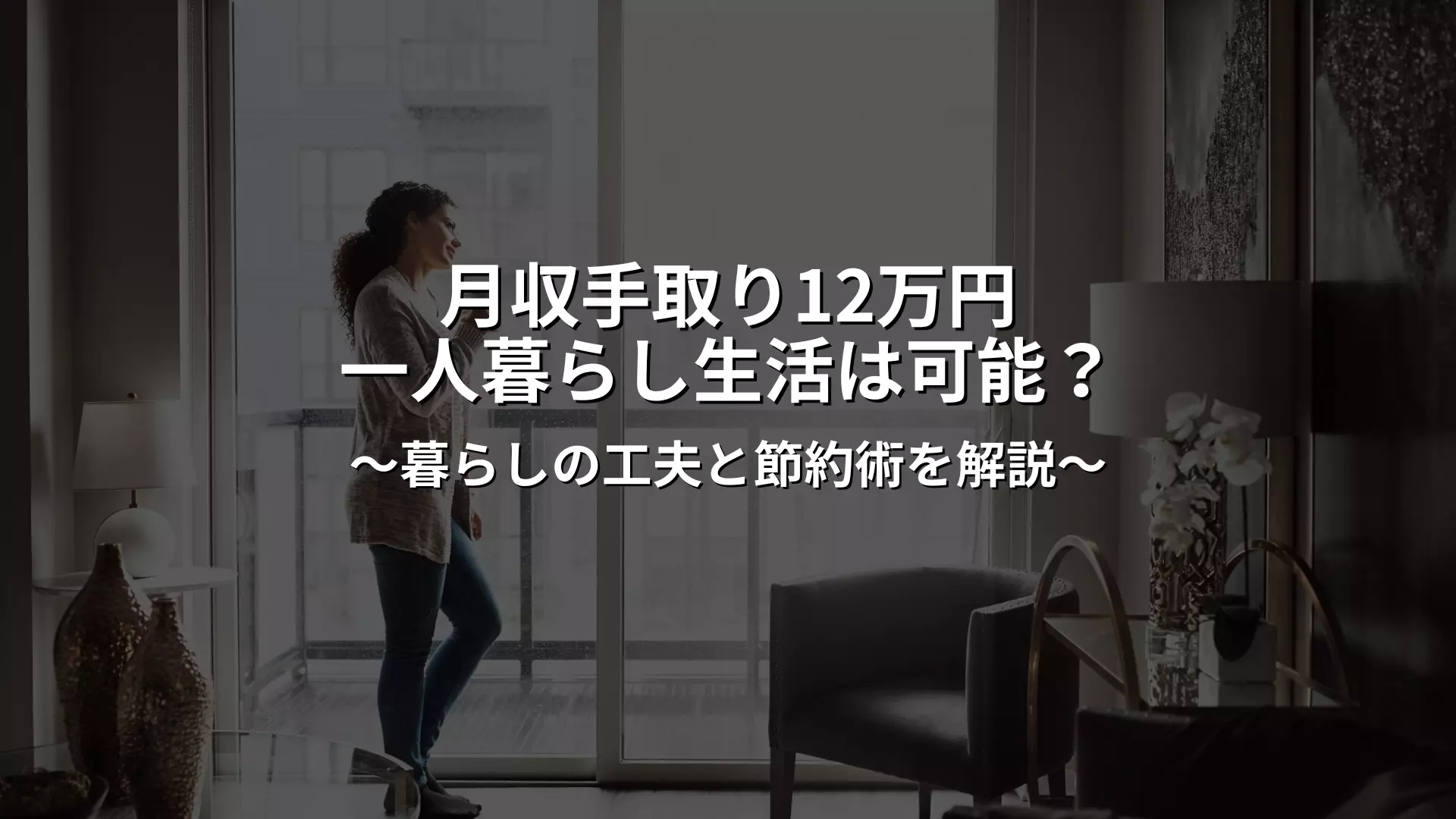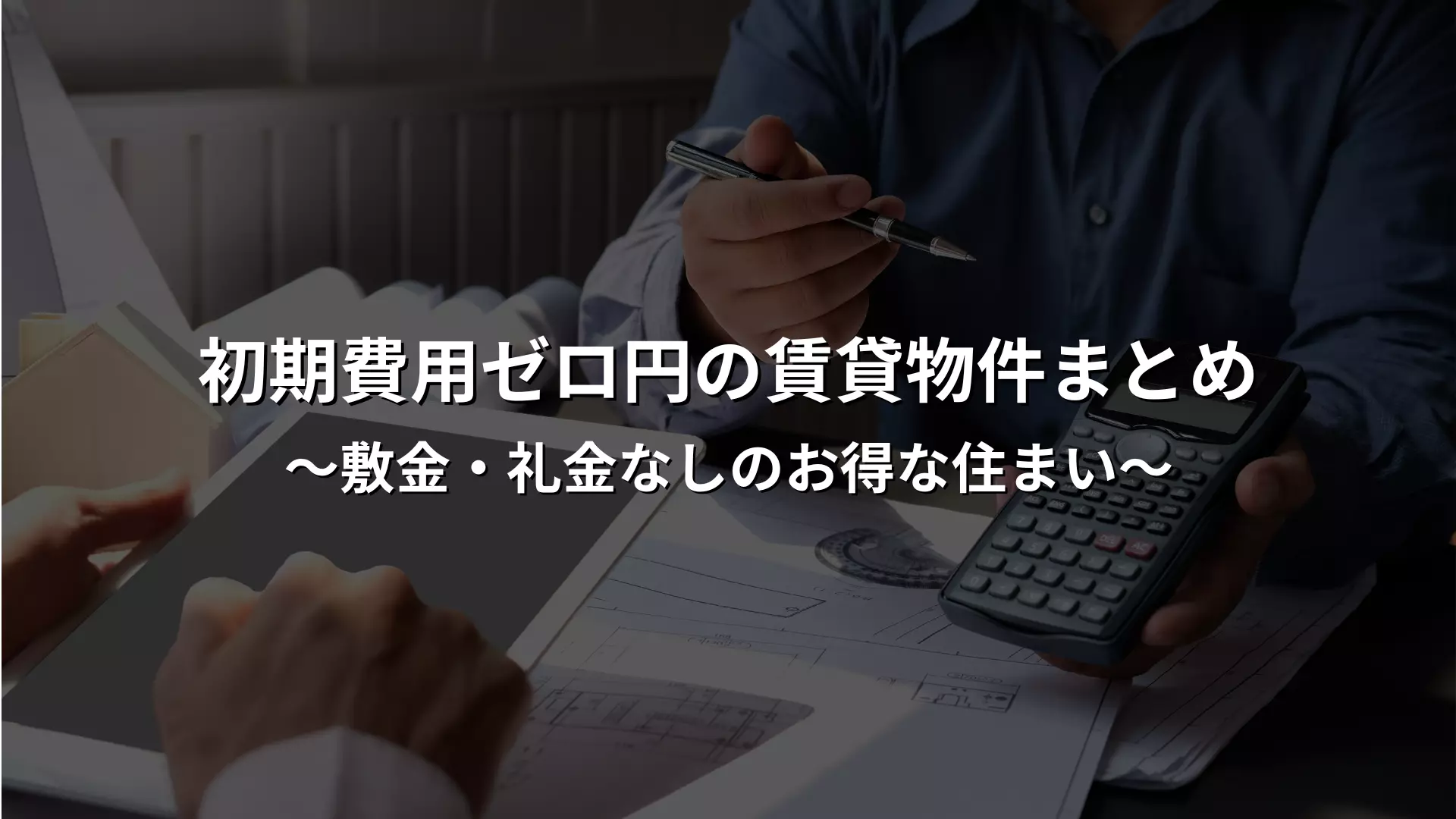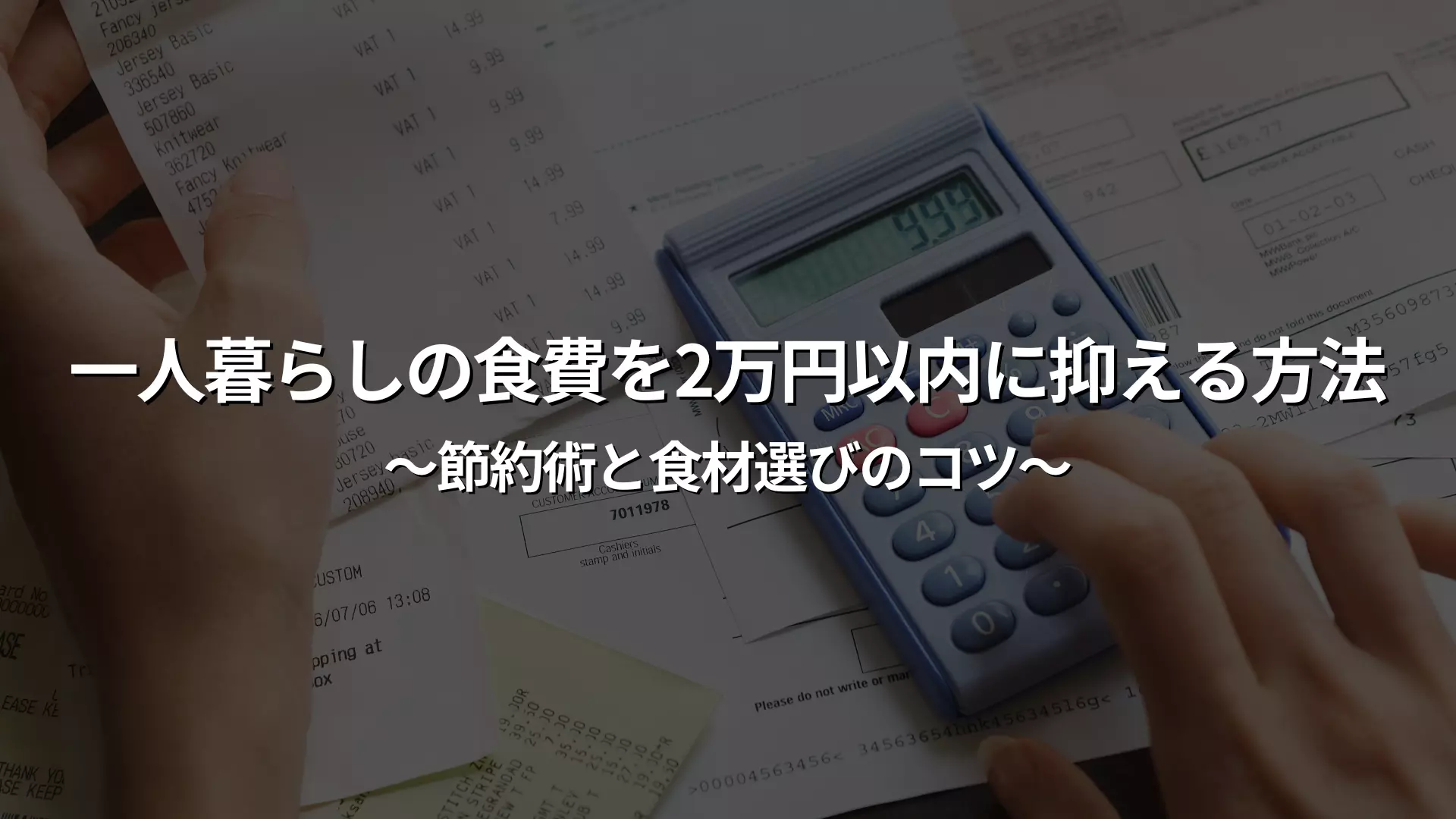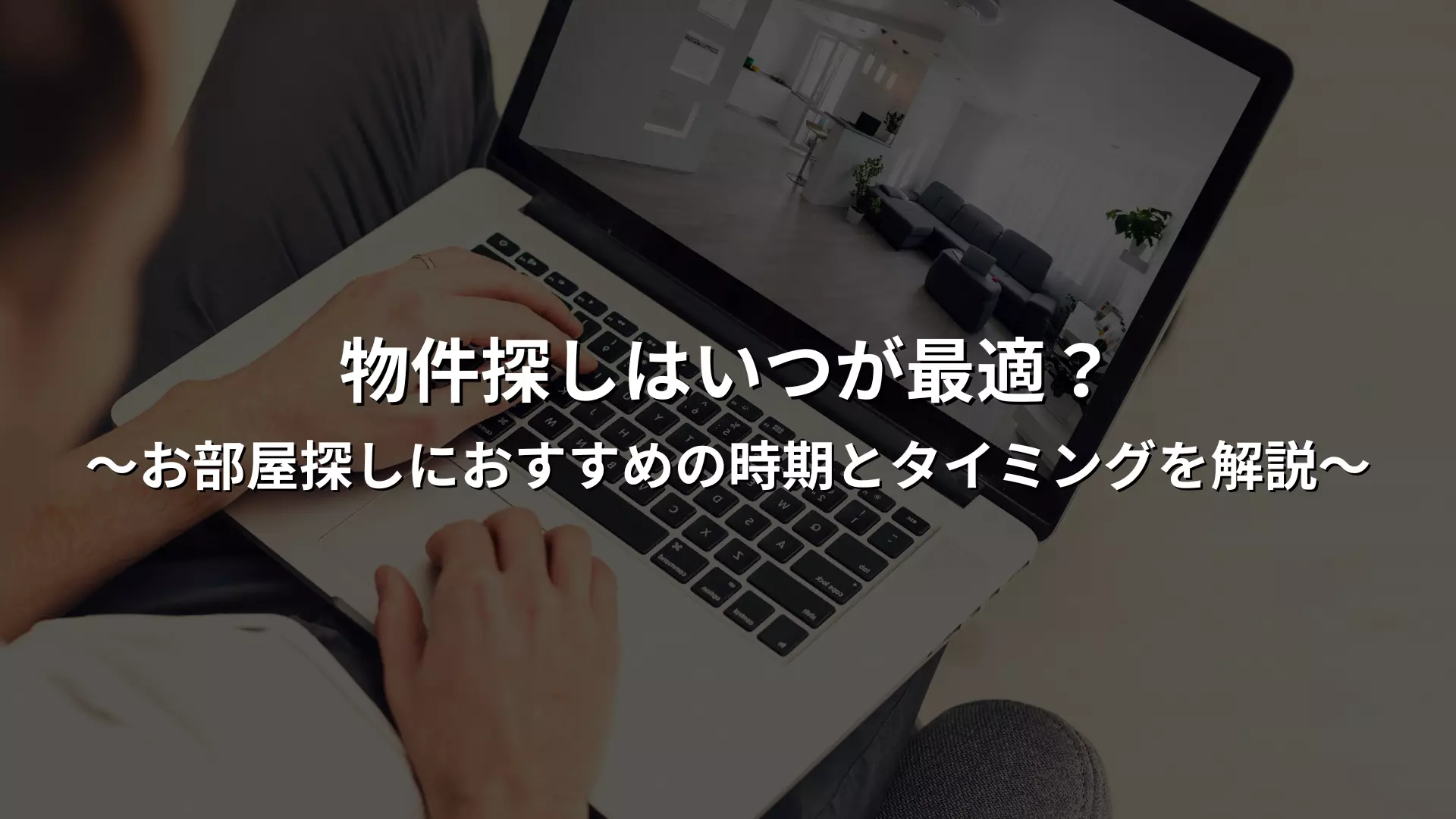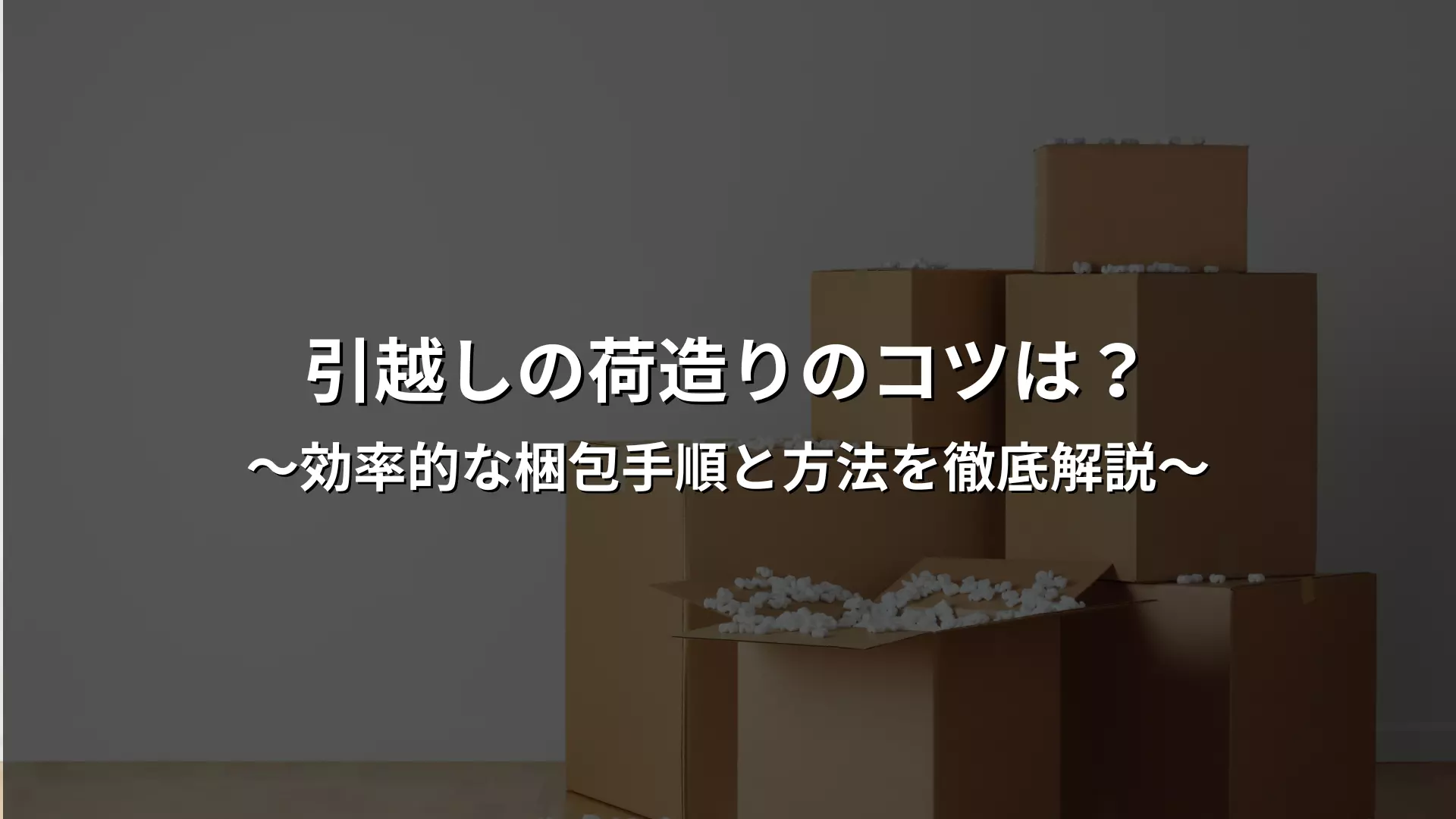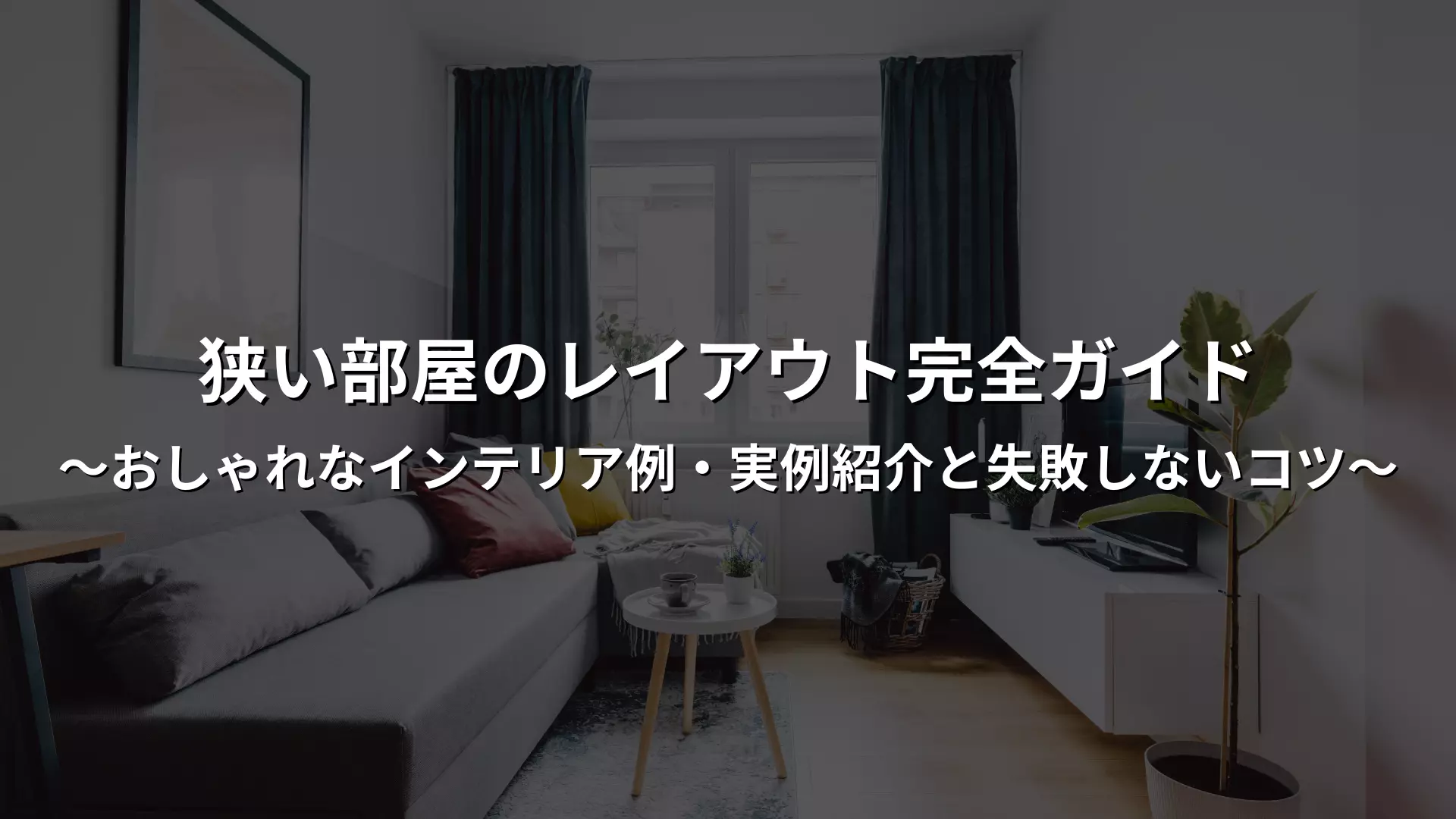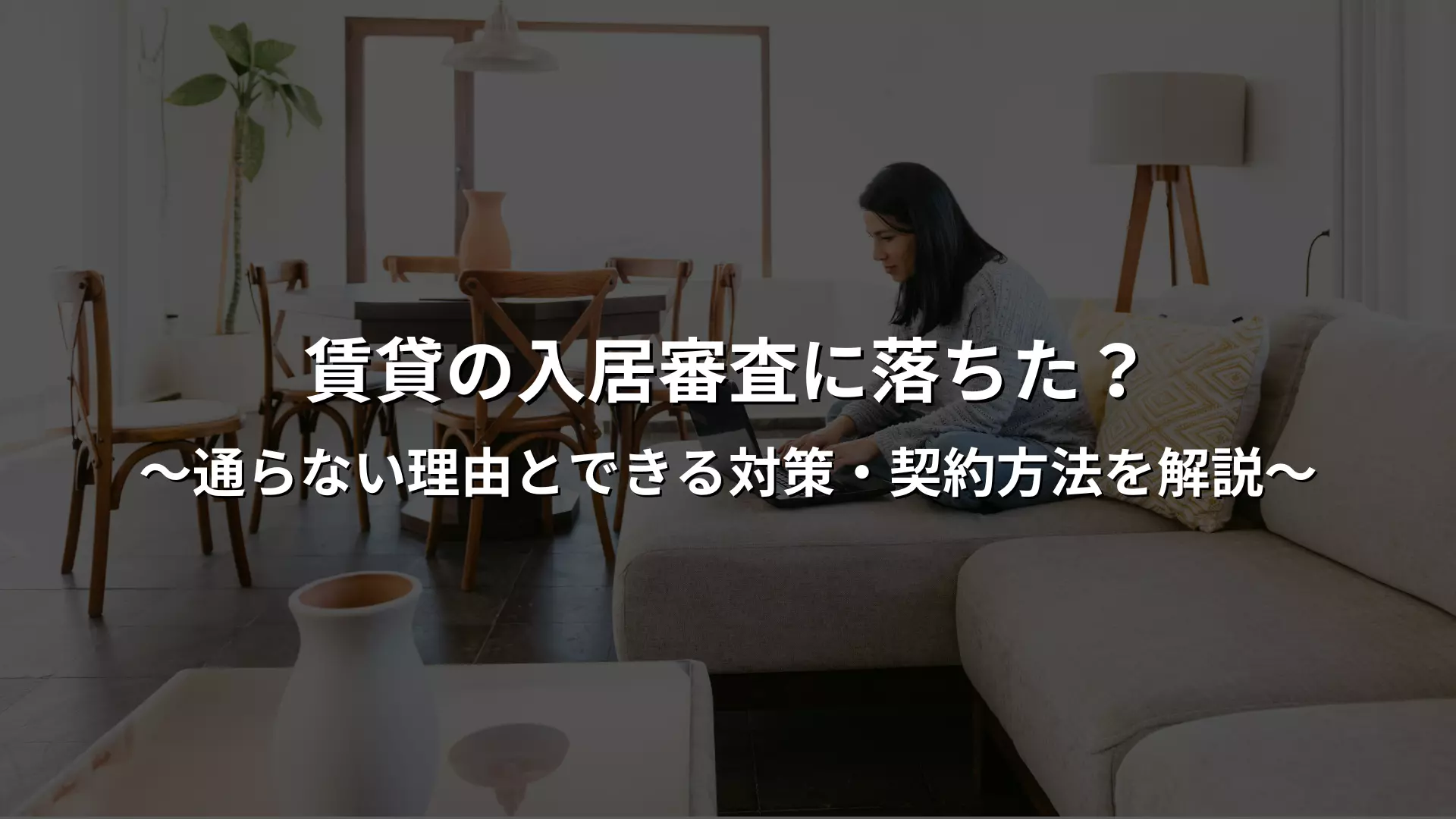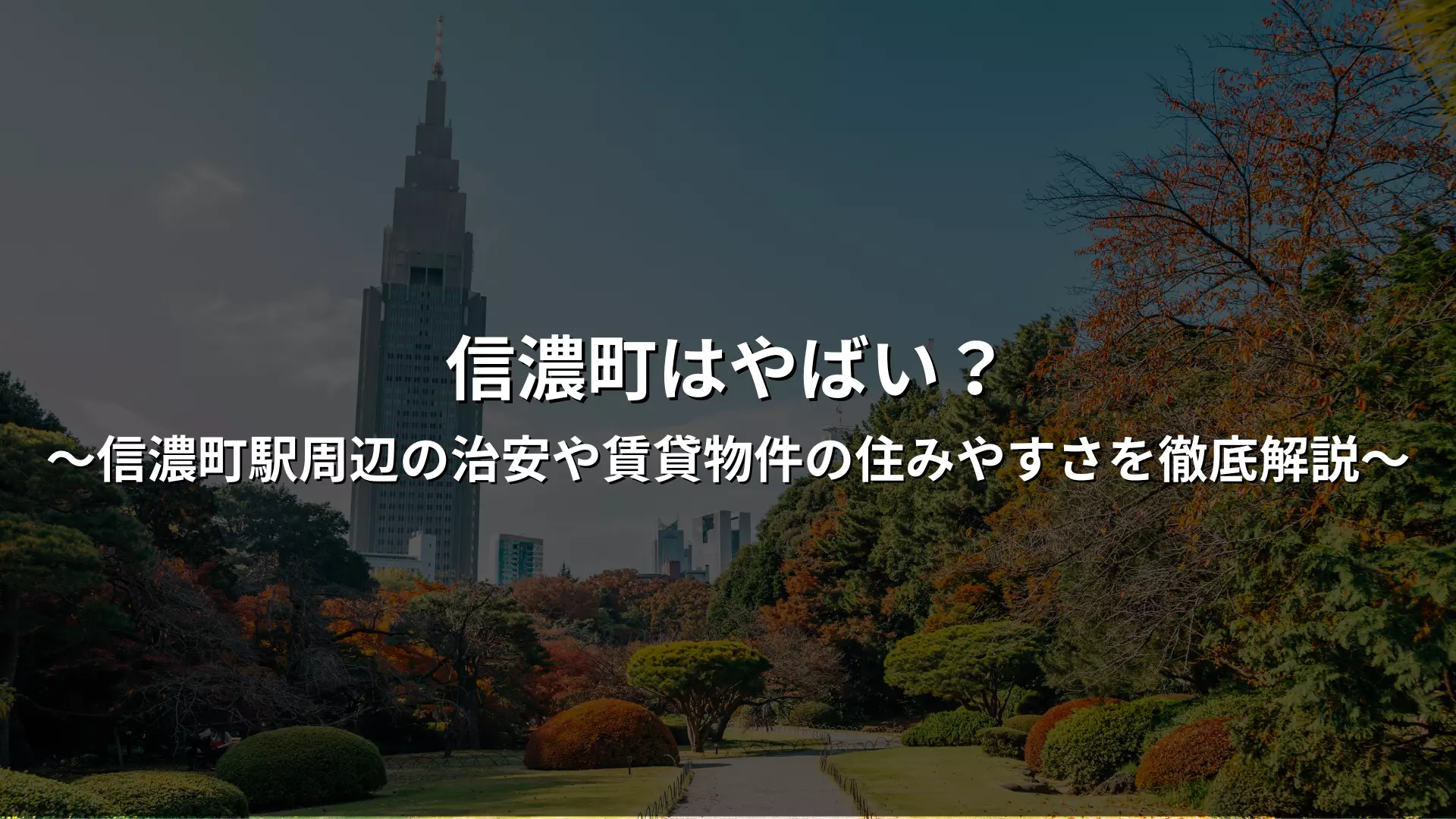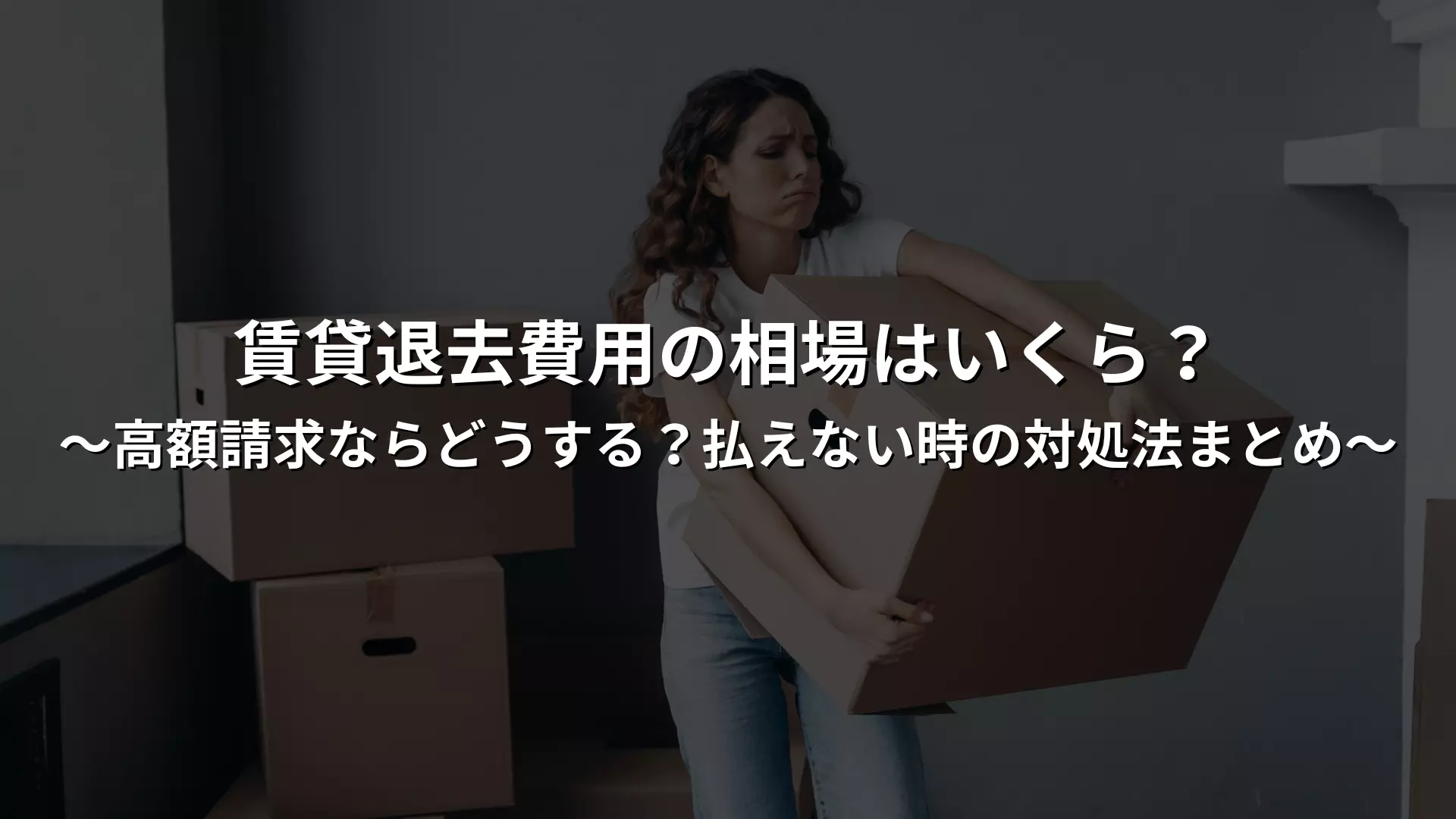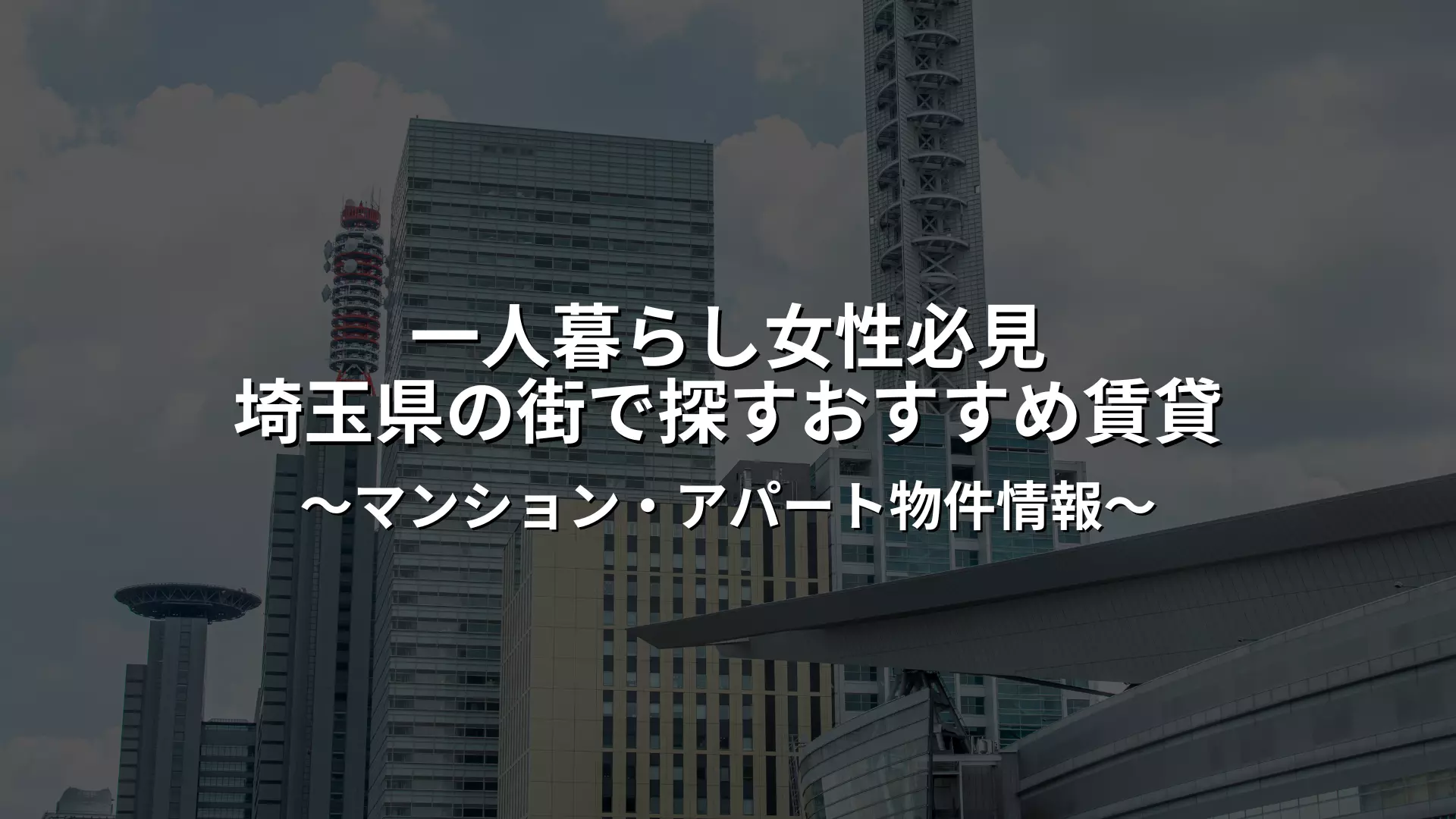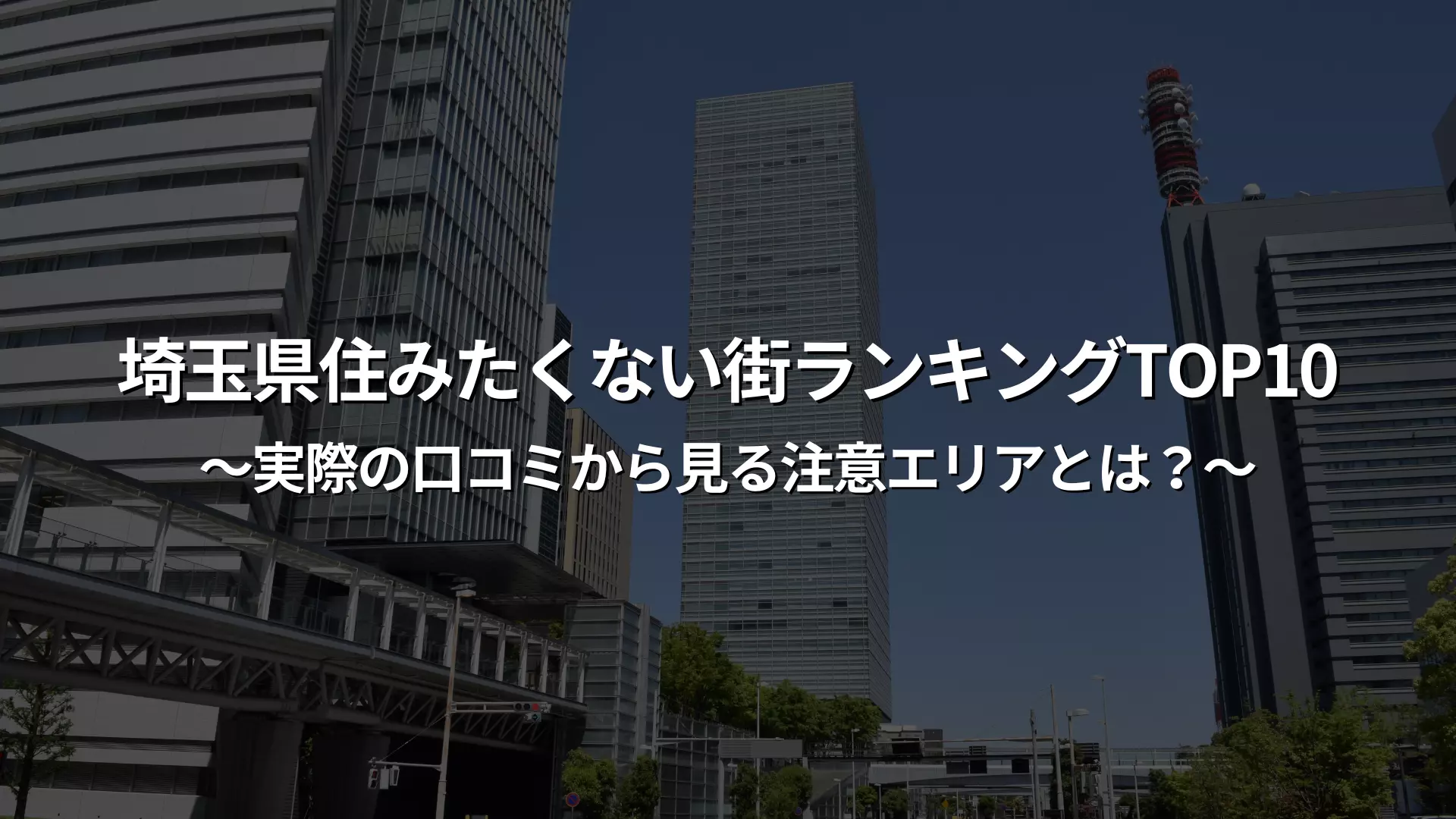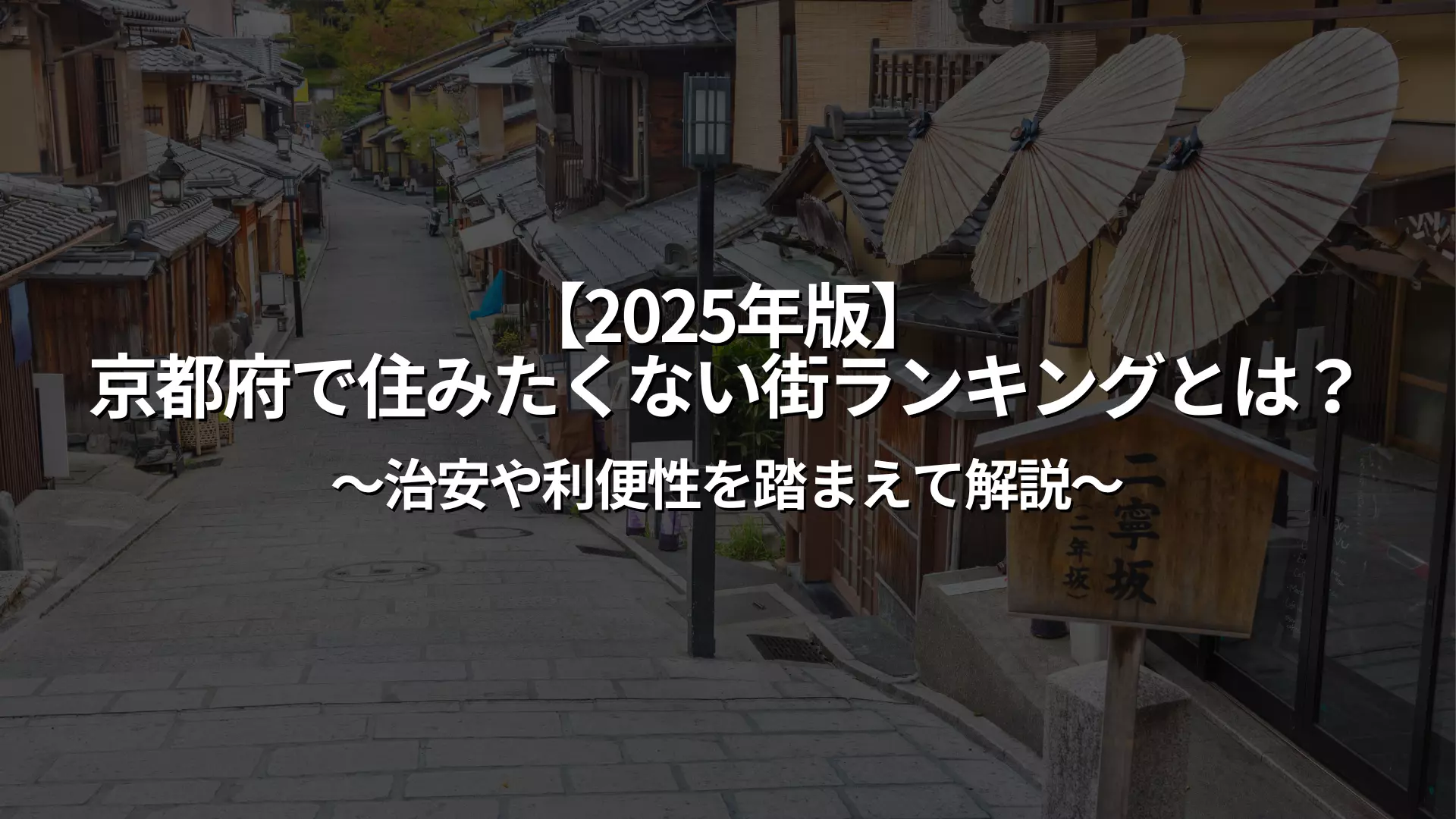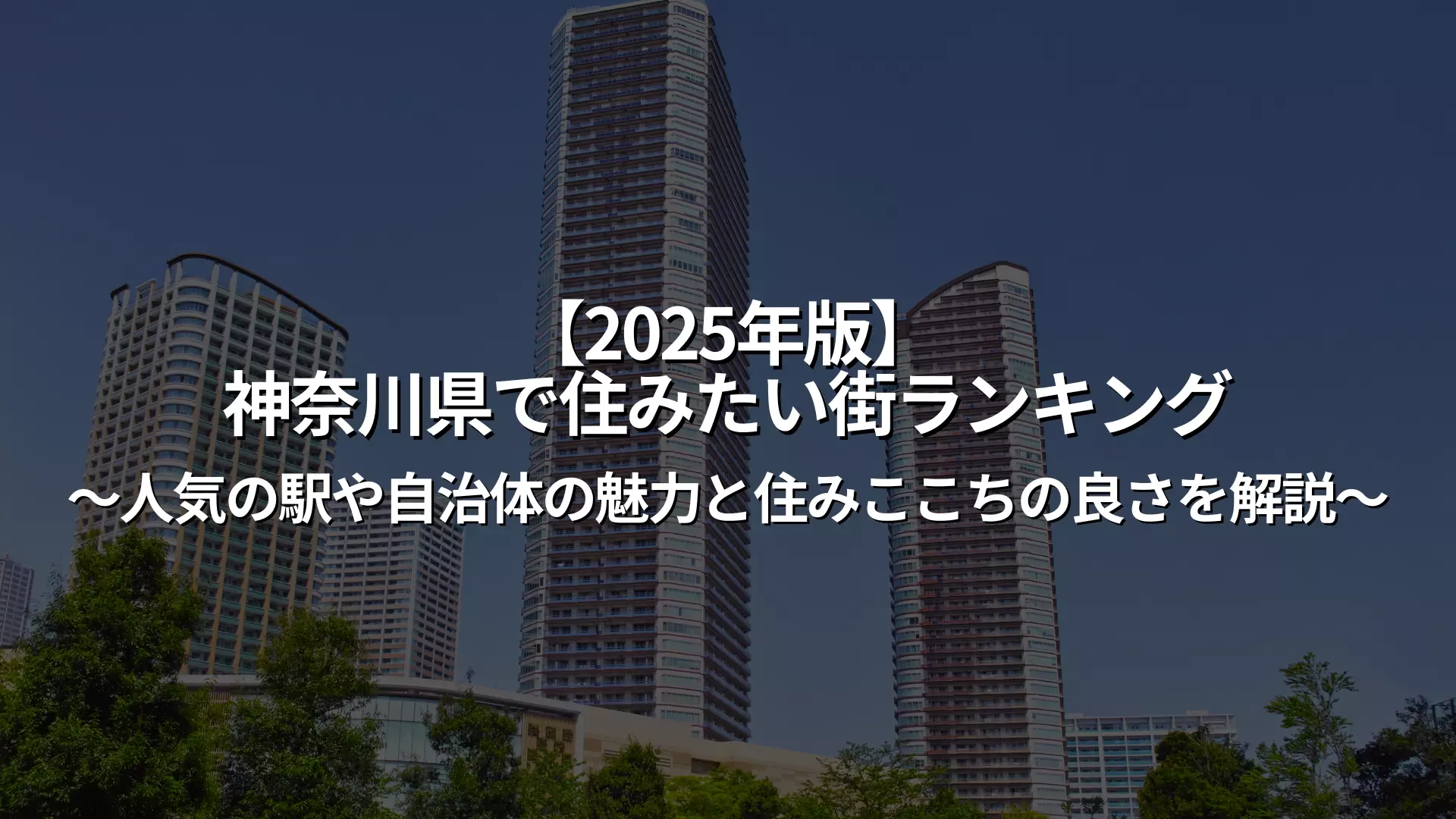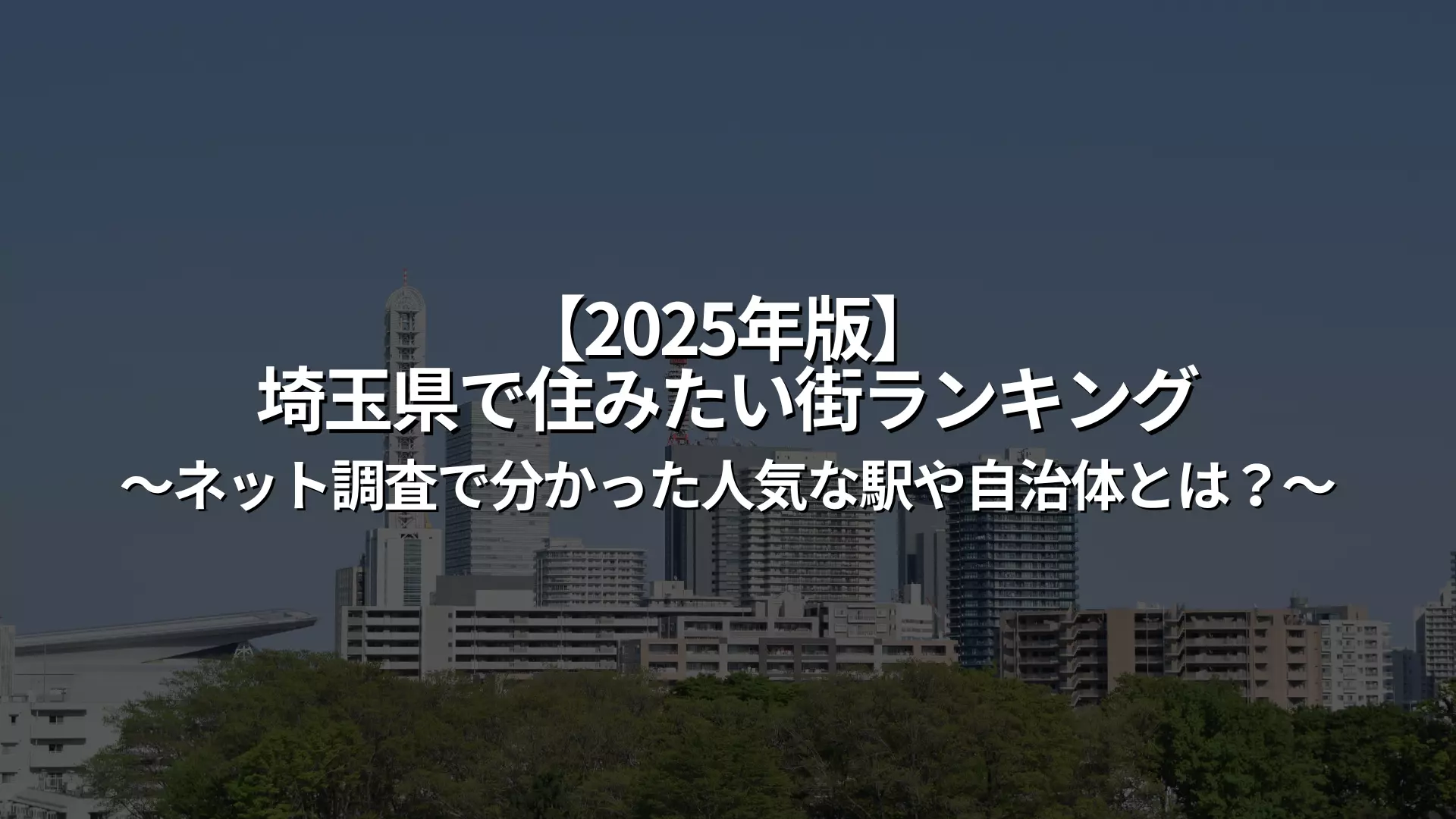What is a deposit?
As mentioned at the beginning, a deposit is a security deposit paid when moving into a share house.It is used as repair costs when floors or walls are damaged or equipment is broken.
Deposits are also used when you move out earlier than the contract period or fail to pay rent.
Here we will explain two things about deposits:
Let's take a closer look at each one.
What is the difference between a share house deposit and a rental property security deposit?
The deposit for a rental property is like a security that you give to Mr. Otani.It can be used to cover cleaning fees when you move out or to pay rent in arrears.
A deposit is similar to a security deposit for a rental property, but strictly speaking there are some differences.
The security deposit is used to return the property to the same condition as when you moved in when you moved out, while the deposit is like a security deposit to be used in case an unforeseen incident occurs.
Is the deposit refundable?
Some deposits are refundable and some are not.The share house deposit is used to repair any broken facilities, but even if there is no damage or cleaning required during your stay, it is up to the management company whether or not you will get a refund. When signing the contract, be sure to check in advance whether your deposit will be refunded.
The appeal of a share house with no deposit
Some share houses allow you to move in without a deposit.Not having to pay a deposit is a great convenience for tenants.
What is the appeal of moving into a share house without a deposit?
Let me explain the appeal of the above.
Reduce initial costs
The average cost of a deposit is around 20,000 to 40,000 yen.When moving into a rental property, you are often required to pay a deposit and key money as initial costs, but if you move into a share house that does not require a deposit, your only initial costs will be rent, common area fees, and fire insurance fees.
A share house with no deposit is recommended for those who want to save on initial costs when moving, as it can reduce costs significantly.
Easy to move in and move out
Some share houses operate without a deposit, with the added benefit of being "easy to move in and move out."Since there is no deposit required, initial costs can be kept low, making it easy to move in.
If there are no cleaning fees or other charges when you move out, you can move out easily as there will be no costs involved.
Search for a room
Only furnished properties with appliances are listed!
How to choose a share house with no deposit
We will explain how to choose a share house with no deposit.Let's take a look at how to choose each one.
Compare initial costs
If you choose a shared house with no deposit, be sure to compare how much the initial costs will be when you move in.Depending on the share house, you may not have to pay a deposit, but you may have to join a guarantor company.
If you want to keep costs as low as possible, we recommend a place that doesn't require a deposit or the need to join a guarantor company.
However, if you want to be prepared for the worst case scenario, it is better to choose a place that requires a deposit or requires you to join a guarantor company, even if it costs a little more.
Check the contract details
When moving into a share house, be sure to carefully read the contract details, not just in the case of a share house with no deposit.It is important to check the details, such as whether you will have to pay penalties if trouble occurs or if you move out earlier than the contract period.
Check how well equipped the facilities are
Share houses with no deposit are easy to move into as they keep initial costs low, but you shouldn't decide on a share house based on cost alone.It is also important to actually visit the share house to see how well-equipped it is and what facilities it has.
If a place is cheap but not very comfortable to live in, you may feel stressed about continuing to live there.
Be sure to check out the atmosphere of the share house and choose one that suits you.
Things to keep in mind when choosing a share house with no deposit
Finally, let's look at some points to keep in mind when choosing a share house with no deposit.We will explain the points to note for each.
How to respond when there is a problem
The deposit is used as security in case you break or damage any equipment or furniture when you move in.If there is no deposit, you need to make sure what you will have to do if a problem occurs when you move in.
It will probably be clearly stated in the contract or the management company will explain it to you, so be sure to keep the details in mind.
Is a guarantor necessary?
When choosing a share house with no deposit, be sure to check whether you need a guarantor. In some cases, you may be required to join a guarantor company.You may need to ask a family member to act as a guarantor or make payments to join a guarantor company, so it is important to find out about this before signing the contract.
Search for a room
Only furnished properties with appliances are listed!
summary
We explained about share houses with no deposit.Many share houses require a deposit when you move in to cover any unforeseen circumstances.
However, some properties do not require a deposit, with the concept of making it easy to move in and move out. This is a great benefit for tenants as it significantly reduces the initial costs, but you should check how they will deal with any problems that may arise.
In some cases, there is no deposit required, but you may be required to have a guarantee company or guarantor.
Be sure to check this before signing a contract.

